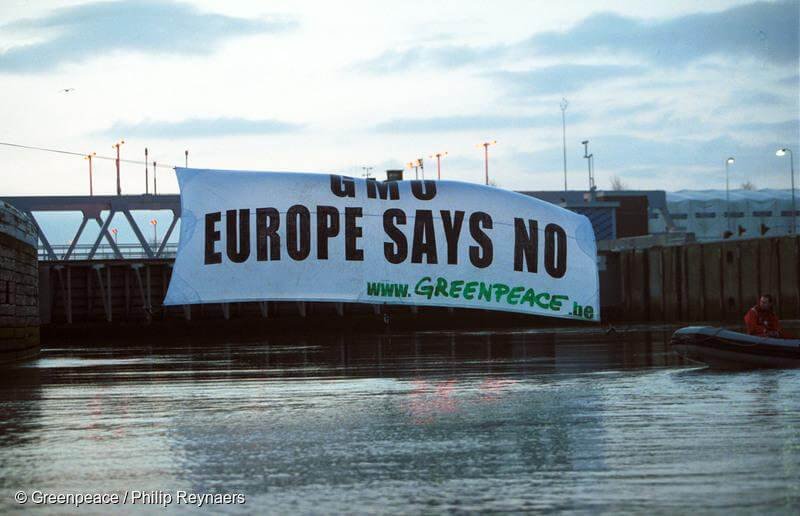European regulators and consumers have been steadfast in their rejection of genetic modification in food. The idea of ‘Frankenfood’ has been a potent symbol of the bloc’s resistance to scientists ‘meddling’ in food production. But are there any lessons for the scientific community working to develop a sustainable future for food?
…
According to David Green, director of farming group the US Sustainability Alliance, the region’s attitudes to GMOs are shaped by the time in which they were formed.
“That rejection of technology occurred… because it was poorly introduced to an unsuspecting consumer base,” he said …. at the Food Matters Summit in London. “In the mid-1990s there were food scares, mad cow disease in beef… people were concerned about what is happening: what are they doing to our food?”
…
To Green, the divergent reactions in Europe and the US illustrate the importance of context. “GMO technology came along right at that time in Europe. In the US it was not an issue.”
…
So, Green noted, if external factors and the cultural context in which new scientific developments are introduced plays a role in acceptance, it becomes important to ask: “How do we bring society along? ….”
Read full, original article: From lab meat to vertical farming: How Europe’s rejection of GMOs can help science in food































